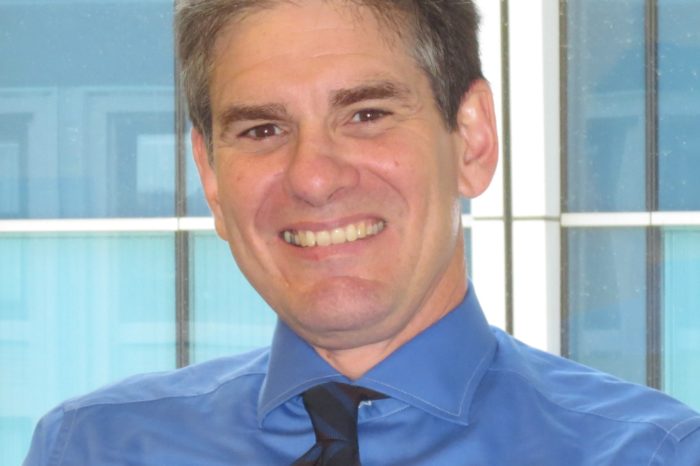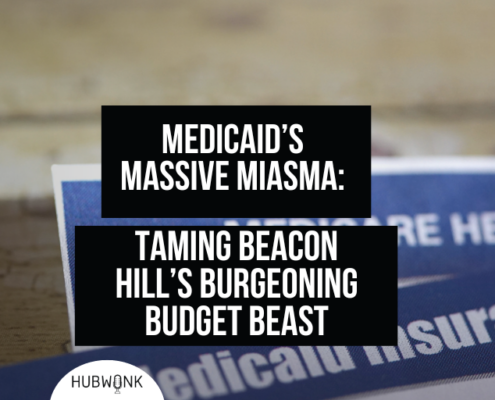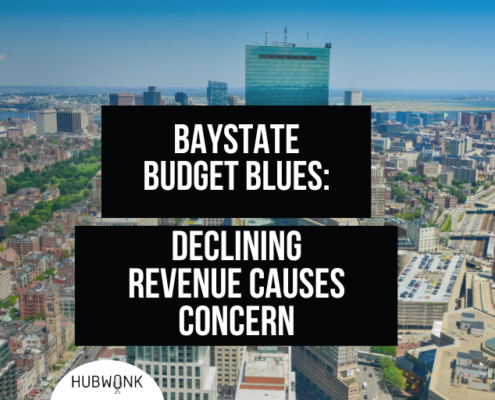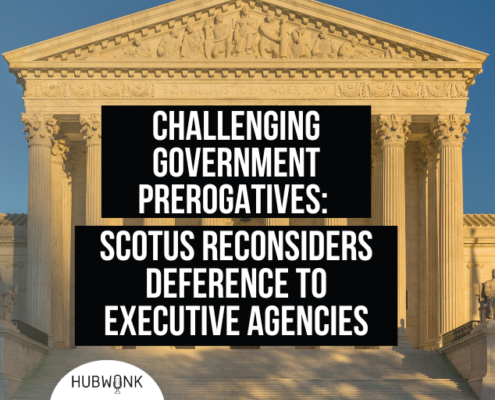MBTA Cuts Ahead: COVID Causes Commuters To Consider Comprehensive Changes
Host Joe Selvaggi and Pioneer Institute Senior Fellow Charlie Chieppo discuss the reasons for the recently proposed cuts to MBTA service, and offer suggestions as to how the agency’s leadership could use this crisis to improve the service’s long-term health.
Related: Read Charlie Chieppo & Jim Stergios’ recent op-ed in Commonwealth magazine: “Contracting with private providers could avert MBTA cuts.”
Guest:
 Charlie Chieppo is a Pioneer senior fellow. Previously, he was policy director in Massachusetts’ Executive Office for Administration and Finance and directed Pioneer’s Shamie Center for Restructuring Government. While in state government, Charlie led the successful effort to reform the Commonwealth’s public construction laws, helped develop and enact a new charter school funding formula, and worked on state workforce issues such as pension reform and easing state restrictions against privatization. In 2000, Charlie was a member of the MBTA’s Blue Ribbon Committee on Forward Funding and has written and commented extensively on T and other transportation issues. He was a contributor to “MBTA Capital Spending Derailed by Expansion,” by the Massachusetts Taxpayers Foundation with Pioneer Institute, which won the Government Research Association’s “Most Distinguished Research” award. Chieppo is a graduate of Boston University’s College of Communication and Vanderbilt University Law School.
Charlie Chieppo is a Pioneer senior fellow. Previously, he was policy director in Massachusetts’ Executive Office for Administration and Finance and directed Pioneer’s Shamie Center for Restructuring Government. While in state government, Charlie led the successful effort to reform the Commonwealth’s public construction laws, helped develop and enact a new charter school funding formula, and worked on state workforce issues such as pension reform and easing state restrictions against privatization. In 2000, Charlie was a member of the MBTA’s Blue Ribbon Committee on Forward Funding and has written and commented extensively on T and other transportation issues. He was a contributor to “MBTA Capital Spending Derailed by Expansion,” by the Massachusetts Taxpayers Foundation with Pioneer Institute, which won the Government Research Association’s “Most Distinguished Research” award. Chieppo is a graduate of Boston University’s College of Communication and Vanderbilt University Law School.
Get new episodes of Hubwonk in your inbox!
Related Posts:















